Revolutionizing Talent Assessment: The Pivotal Role of AI
In an era where competition for top talent is fierce and the nature of work is rapidly evolving, having an edge in the talent assessment process is crucial. Organizations today are not just looking for qualified candidates, but individuals who can truly drive innovation and fit seamlessly into the company culture. Traditional methods of talent assessment often fall short in the face of these modern-day challenges. Enter Artificial Intelligence (AI) – a game-changer in the landscape of talent assessment.
AI is not just another buzzword; it is actively reshaping how organizations approach talent assessment. From automating mundane tasks to generating deep insights into candidates’ capabilities, AI is revolutionizing the recruitment process.
In this article, we will explore 10 ways in which AI has become critical to talent assessment. Through automated evaluation, bias reduction, customized assessments, and more, AI is not only streamlining the assessment process but is also ensuring that organizations make more informed and effective talent decisions.
Read on to discover how AI is paving the way for a new era in talent assessment, helping organizations build a workforce that is not just talented, but also aligned with their vision and goals.
1. Automated Evaluation: AI streamlines the evaluation process by automatically grading assessments. This not only saves time but also ensures a higher degree of accuracy compared to manual evaluations.
2. Bias Reduction: By utilizing algorithms and data-driven processes, AI minimizes human biases that can inadvertently influence assessment outcomes, ensuring a fairer assessment process.
3. Customized Assessments: AI allows for the creation of dynamic and personalized assessments that can adapt to the candidate’s performance. This results in a more precise measurement of an individual’s capabilities.
4. Big Data Analysis: AI algorithms are capable of analyzing vast amounts of data to provide insights into patterns and trends. This can be critical in identifying the skills and traits that are most valuable for specific roles.
5. Psychometric Analysis: AI-powered psychometric assessments can delve deeper into a candidate’s personality traits and behavioral tendencies, providing a holistic view of the candidate that goes beyond qualifications and experience.
6. Enhanced Security: AI can be used to monitor online assessments in real-time for any irregularities or cheating, ensuring the integrity of the assessment process.
7. Skill Gap Identification: Through advanced data analysis, AI can identify skill gaps in an individual or a team, aiding in the development of targeted training programs.
8. Efficient Resource Allocation: AI’s ability to rapidly process and analyze assessment data allows organizations to efficiently allocate resources to areas where they are needed most for talent development.
9. Predictive Analysis: AI can use historical data and trends to predict future performance and potential of candidates. This can be invaluable for long-term talent management and succession planning.
10. Enhanced Candidate Experience: AI can create a more engaging and adaptive assessment experience for candidates. For example, chatbots can be used for initial screenings, and game-based assessments can make the process more interactive and less stressful.
By integrating AI into talent assessment, organizations can benefit from a more efficient, fair, and insightful evaluation process. This, in turn, can lead to better hiring decisions and an optimized talent management strategy.

